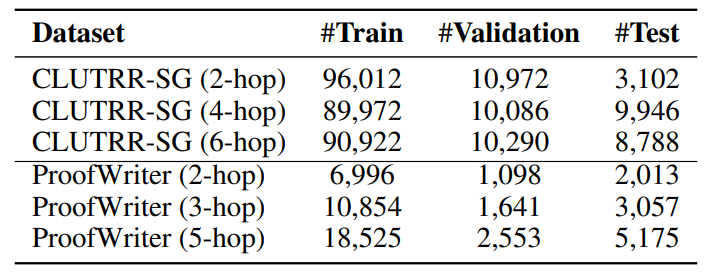Wikepedia's Jimmy Wales dismisses Musk's Grokipedia as a useful knowledge platform
Wikipedia founder Jimmy Wales was asked about Elon Musk’s new Grokipedia project, a supposed rival to Wikipedia.
Speaking at the CNBC Technology Executive Council Summit in New York, Jimmy said he did not need to study Grokipedia’s content to predict its outcome.“I’m not optimistic he will create anything very useful right now,” he said.
The site had a “rocky start” after launch, and Jimmy made it clear he is not stressed about competition.
Jimmy said his lack of interest in reviewing Grokipedia is not personal. He believes the core problem is the technology behind it. He said the large language models Musk is using will make major mistakes.
In his words, “We know ChatGPT and all the other LLMs are not good enough to write wiki entries.” So as far as he is concerned, Grokipedia is not a threat to what Wikipedia has built for over two decades.
Wales counters Musk’s claims and addresses “woke” accusations
Musk has repeatedly claimed that Wikipedia suffers from “woke bias.” Jimmy rejected that outright. “He is mistaken about that,” he said. He explained that the platform relies on mainstream sources. “We don’t treat random crackpots the same as The New England Journal of Medicine and that doesn’t make us woke,” he said.
Jimmy added that the site quoting major outlets like The New York Times does not make it political. “We are so radical we quote The New York Times,” he said, highlighting how absurd the accusation sounds to him.
The Wiki founder also took a jab at Grokipedia’s tone. “Apparently it has a lot of praise about the genius of Elon Musk in it. So I’m sure that’s completely neutral,” he said. Musk, meanwhile, seems convinced Grokipedia will surpass Wikipedia, saying it will exceed it “by several orders of magnitude in breadth, depth and accuracy.”
Jimmy argued that building a trusted knowledge platform cannot be automated. He estimated that Wikipedia’s technology costs reach about $175 million per year. In contrast, tech giants are expected to spend about $550 billion on AI next year.
Even with all that cash, he said they still struggle to avoid errors. He shared an example: when asking LLMs who his wife is, they always return wrong answers. She worked in British politics and is known, but every model gets it wrong. “Any time you ask an LLM to dig deep, it’s a mess,” he said.
Another example came from the German wiki community. Someone built a program to check ISBN numbers on book references. The program found that many were fake. The user who added them later admitted they used ChatGPT, which “very happily makes up books for you,” Jimmy said.
Wales says Wikipedia must stay neutral and prepare for AI challenges
Jimmy said the criticism from Musk and others does reinforce something important for Wikipedia.
“It’s really important for us and the Wiki community to respond to criticism like that by doubling down on being neutral and being really careful about sources,” he said. “We shouldn’t be ‘wokepedia.’ That’s not who we should be or what people want from us. It would undermine trust.”
He said the public sometimes thinks Wikipedia is better than it actually is. The platform has improved over the years, but there is still a lot to fix. And the landscape is getting harder.
LLMs can now generate fake websites filled with text that looks serious enough to fool people. Jimmy said this will mislead the public, but it will be harder to fool the Wikipedia community, which has spent 25 years studying how to verify sources.
Jimmy is not fully against AI. He said there are small ways generative AI could help the platform, like finding new information inside valid sources. “Maybe it helps us do our work faster,” he said. But building Wikipedia’s own LLM would cost too much for now.
He ended on a direct note. “We talk about errors that ChatGPT makes. Just imagine an AI solely trained on Twitter. That would be a mad, angry AI trained on nonsense,” Jimmy said.
If you're reading this, you’re already ahead. Stay there with our newsletter.
You May Also Like

Technical Setup for RECKONING: Inner Loop Gradient Steps, Learning Rates, and Hardware Specification

The Strength of Dynamic Encoding: RECKONING Outperforms Zero-Shot GPT-3.5 in Distractor Robustness

